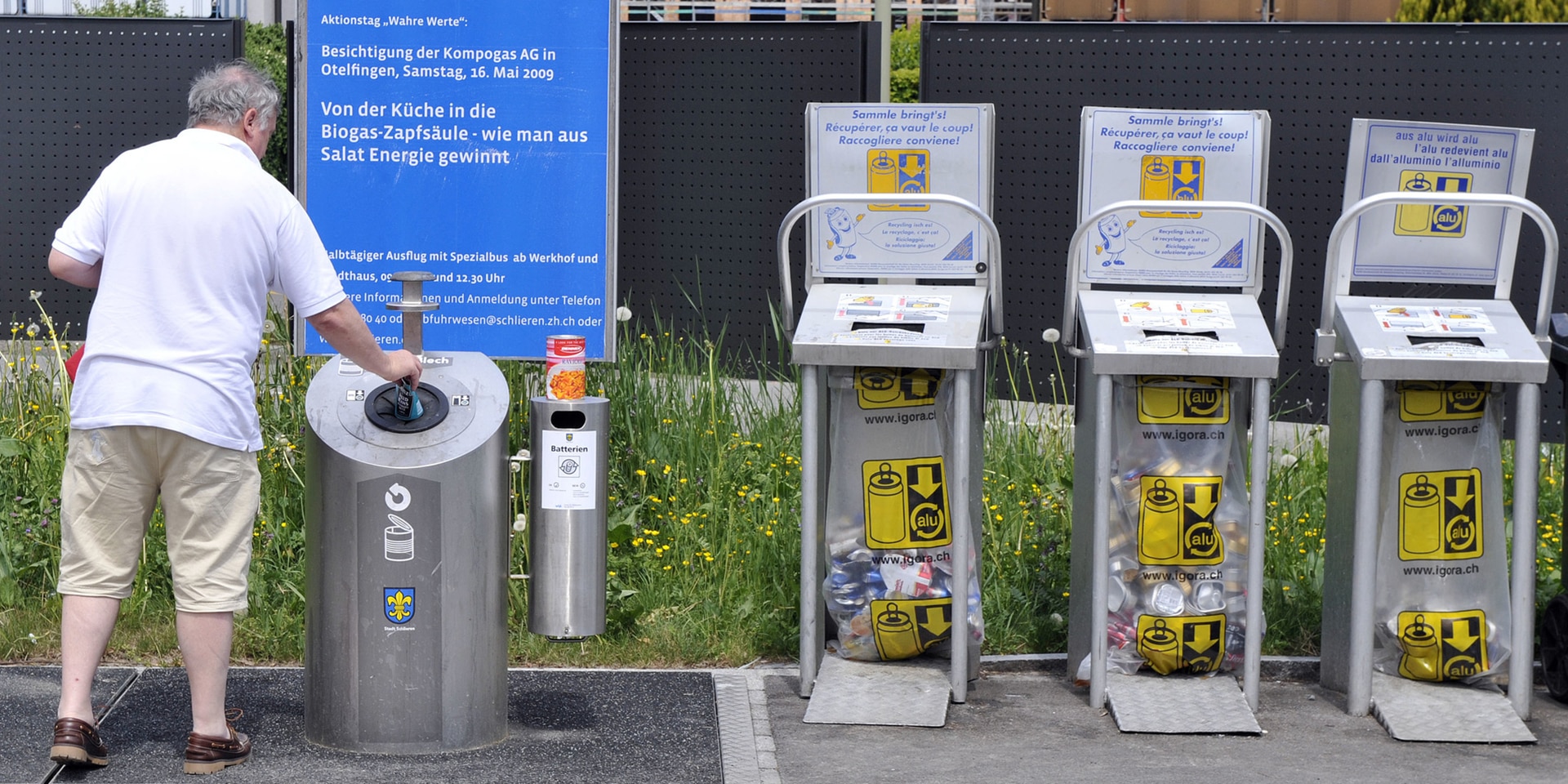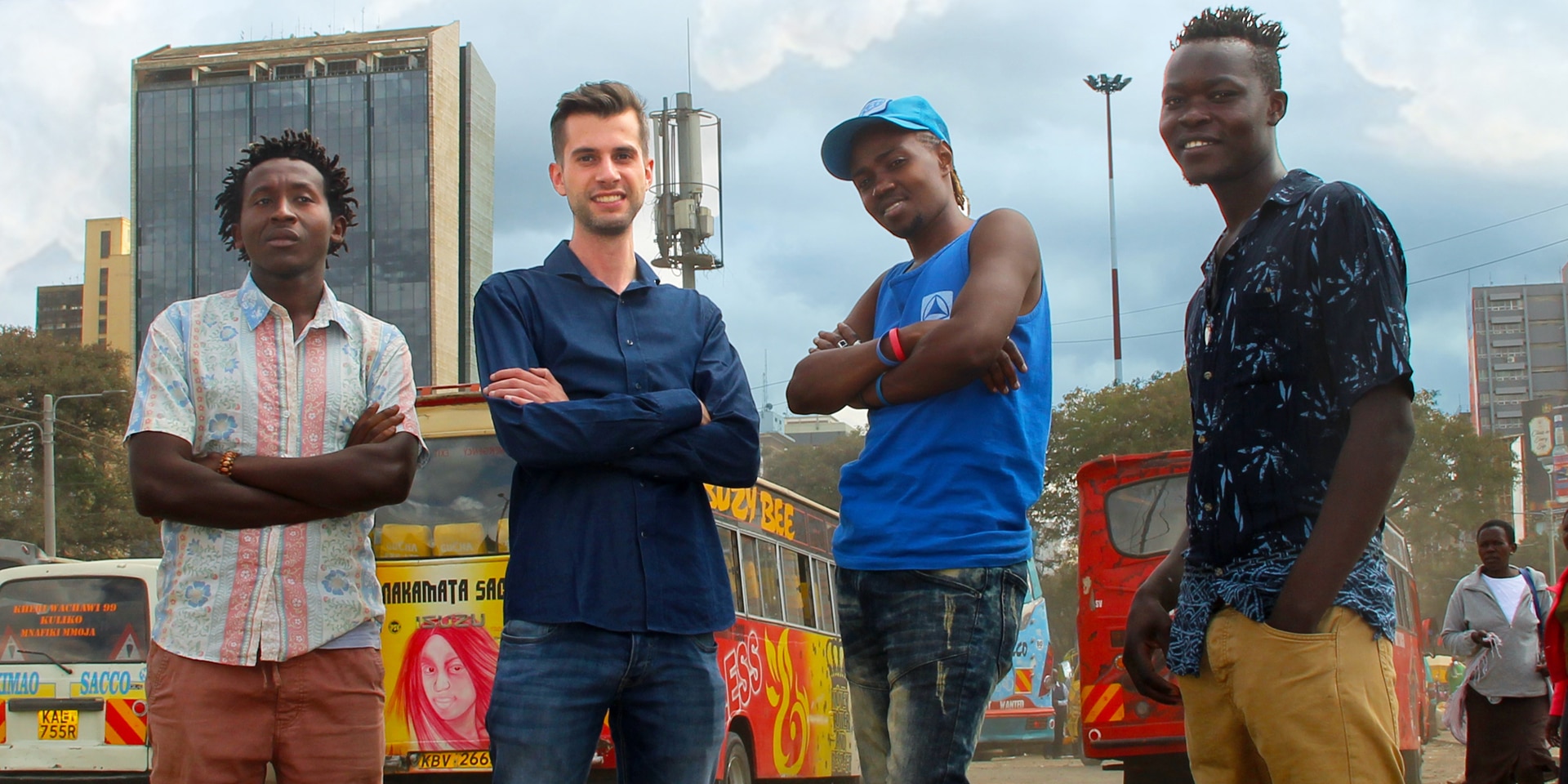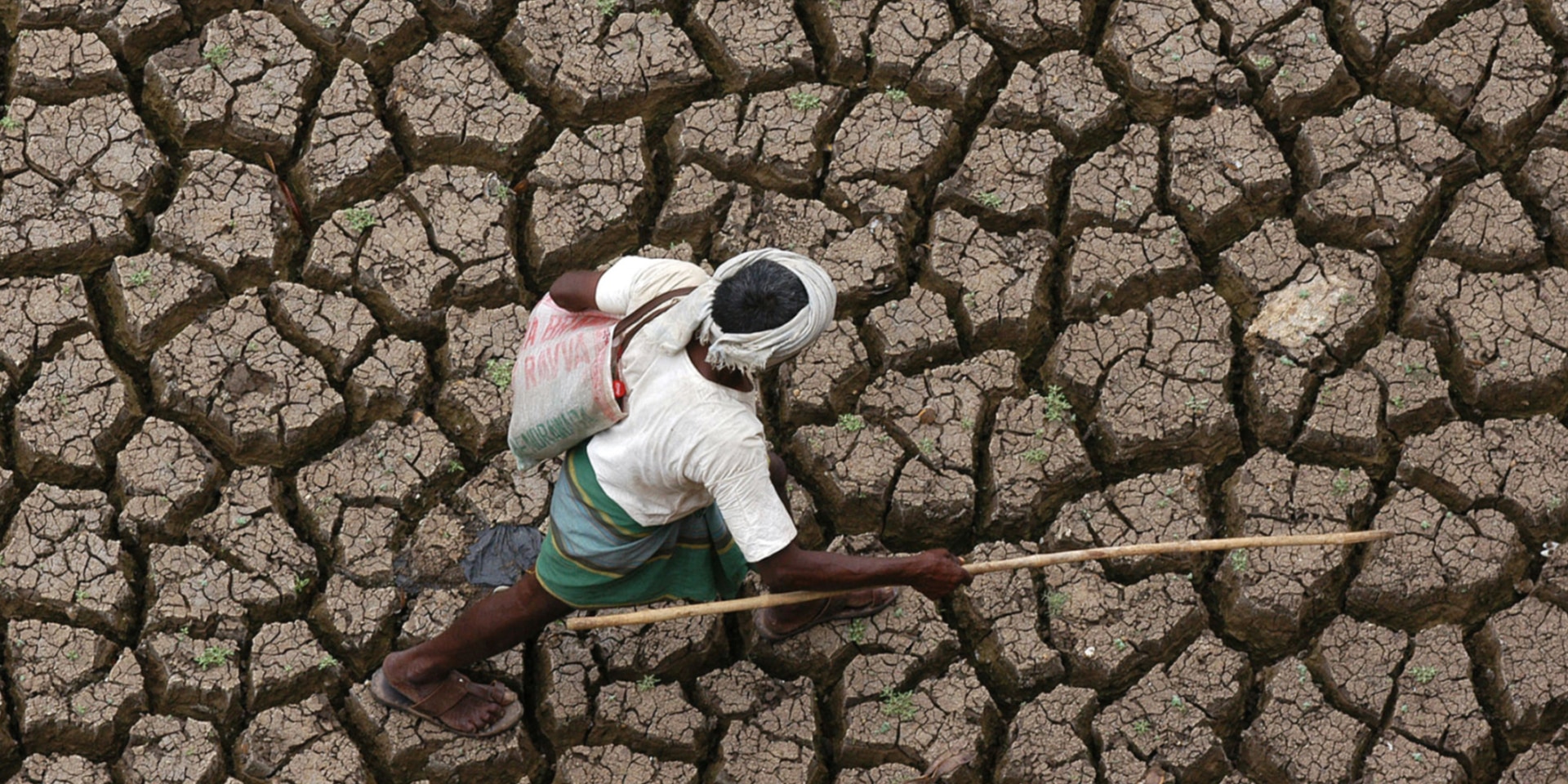2030 Agenda Sustainable Development Goals: integrate stakeholders and new ideas
On 4 May 2022 the Federal Council will adopt Switzerland's second voluntary national review on its implementation of the 2030 Agenda. The SDGital2030 website will also be launched on that day. The global community needs diversity and innovation to help our world develop more sustainably, said President Ignazio Cassis. Anyone can help make the Agenda's 17 goals a reality, as the examples from Switzerland's different language regions show.
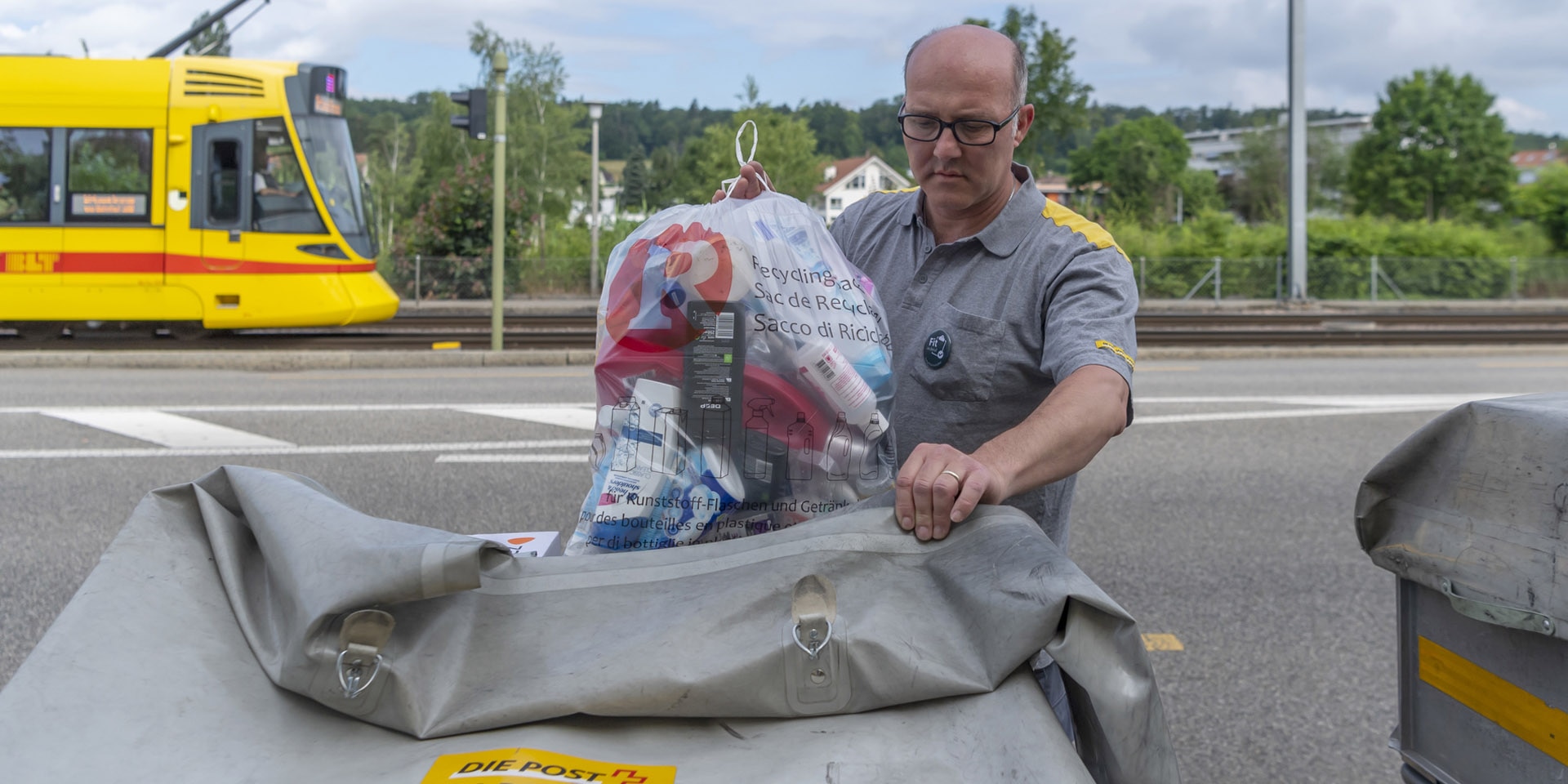
Pilot project in Reinach: Postman Vincenzo Visca takes his recycling bag with him. People can leave empty plastic bottles and drink cartons by their letterboxes. © Keystone
Collaboratio helvetica – not confoederatio helvetica, even though the first letters are the same. Switzerland's country code: CH. Collaboratio helvetica was not founded in 1848 however, but in 2017. Its vision is to drive systemic change in Switzerland so that the 2030 Agenda can be put into practice. "We need new forms of cooperation and a holistic way of thinking to meet today's challenges," explains Nora Wilhelm, head of collaboratio helvetica. One of the things the organisation does is to test such new forms of cooperation and other innovative approaches to solving problems, and share its findings. It is a keen illustration of the proactive commitment of a wide range of actors to the SDGs – a commitment to the changes that the Switzerland of tomorrow urgently needs.
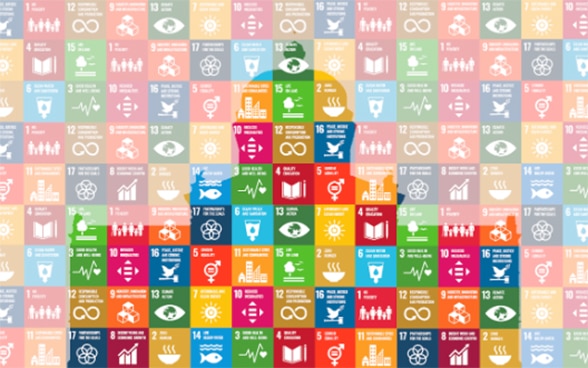
Anyone can help make the SDGs a reality. "With our vibrant democracy, interconnected economy, diverse people, communities and cultures, our strengths in the field of science and long humanitarian tradition, Switzerland has a major interest in implementing the 2030 Agenda's 17 SDGs and 169 targets," President Ignazio Cassis stressed at the International Cooperation Forum in Geneva, which took place on 31 March and 1 April. Switzerland has committed itself at national and global level to sustainability in all its dimensions – social, ecological and economic.
Its second voluntary national review, containing information on how the SDGs are being implemented in Switzerland, was adopted by the Federal Council on 4 May 2022. The new www.SDGital2030.ch website, which was launched in addition to the national review, publishes illustrated information about Switzerland's range of efforts to promote sustainability. Both the country report and website demonstrate how various Swiss stakeholders – ranging from the federal government, cantons and communes to civil society and the business and science sectors – are making important contributions to sustainability and have already carried out a number of innovative processes to help meet the SDGs.
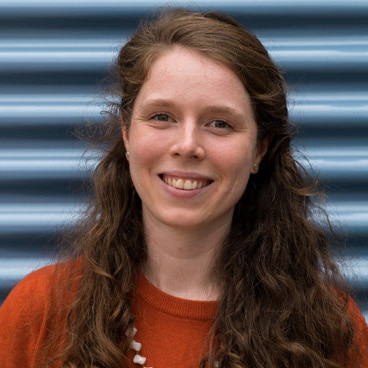
"Collaboratio helvetica empowers committed people and organisations to change deep-rooted attitudes and ways of thinking, to dialogue more effectively, and to try out new forms of cooperation – this is the way to rethink and shape the Switzerland of tomorrow together."
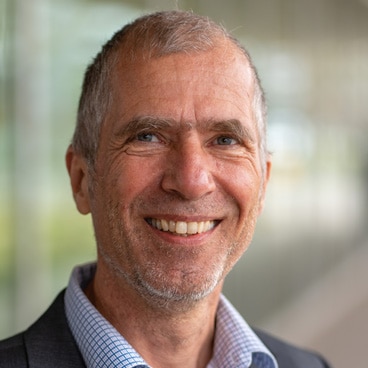
"Although the main focus of the Swiss Tropical and Public Health Institute is on SDG 3 (ensuring healthy lives and promoting well-being for all at all ages) and universal health coverage, we're also contributing to most of the other 16 SDGs."
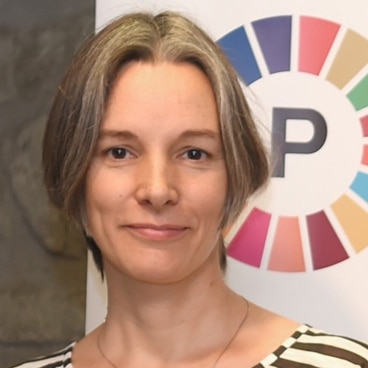
"We inform and raise awareness: our contributions, public appearances and projects like the SDG Walk help to promote understanding for sustainable development. We also make recommendations for action: Switzerland's policy and conduct are based on conflicting goals and other contradictions, which we raise when talking to governmental and private actors. Our goal is to find actionable solutions for more (policy) coherence on sustainable development. We have a clear position and get involved in political processes."
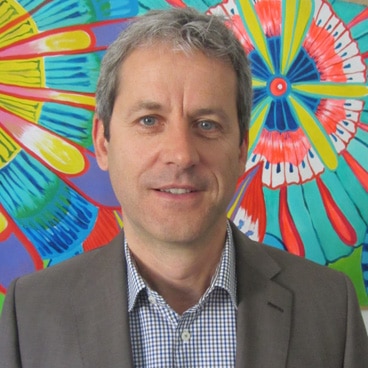
"The cantonal sustainable development concept sets out the guidelines and strategic priorities for action in sustainable development up to 2030. There is also a sustainable development action plan for 2019–23, which puts the strategic objectives of this concept into practice in terms of governance, cooperation with the communes, and sustainable production and consumption."

"The City of Fribourg helps implement and develop the 2030 Agenda via a range of study and working groups that promote sustainability in Switzerland. Our communal sustainable development unit is also part of 'Cercle Indicateurs' (sustainable development indicators for cantons and towns), the Coord21 association and the Swiss Union of Cities. In addition, the City of Fribourg helps implement sustainability processes by working together with Innosuisse and a number of universities, and through studies run by the Federal Office for Spatial Development (ARE) on translating the SDGs and their 169 targets at national level."
The 2030 Agenda and voluntary national reviews
The 2030 Agenda for Sustainable Development was adopted by all 193 UN member states on 25 September 2015. It is an important milestone for global sustainable development and the result of an inclusive global negotiation process.
Switzerland's approach to implementing the 2030 Agenda is participatory. In the spring and summer of 2021, experts from all Federal Administration departments, cantons and communes as well as organisations from the business sector, academic community and civil society were invited to add their contributions to the 2030 Agenda review on the newly developed digital tool – SDGital2030. The Federal Council has committed to submitting a voluntary national review every four years until 2030. In its 2022 report, the Federal Council has provided comprehensive information on Switzerland's activities for the second time and drawn up a mid-term review.
Voluntary nationals reviews are presented at the High-level political forum on sustainable development. This year's forum, which is being held from 5 to 15 July 2022, is expected to take place once again in situ at the UN's headquarters in New York after a number of years. Switzerland's report will show the global community, in particular the Swiss population, how the country's measures are advancing towards achieving the SDGs – both at national and international level.
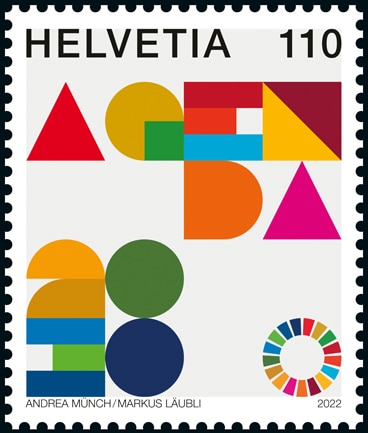
Special stamp for the 2030 Agenda. © Swiss Post
Special stamp for the 2030 Agenda and its 17 SDGs
Swiss Post will publish a special stamp for the 2030 Agenda on 5 May 2022 in order to raise awareness of the SDGs.
The motif and 17 different colours symbolise the different goals, while the letters and numbers are based on simple geometric shapes with identical surfaces. This is to demonstrate that each of the SDGs is equally important. The shapes look like building blocks, inviting us to help reshape and change the world.
Both Switzerland and Swiss Post are committed to implementing the SDGs and are making important contributions.

